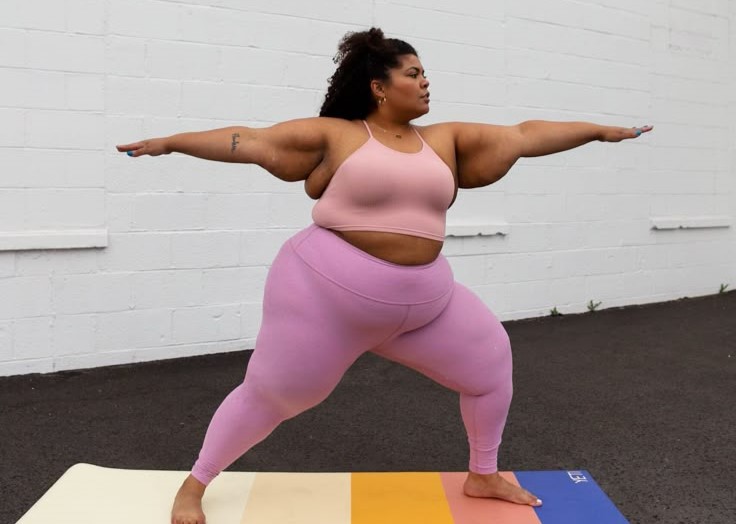For many plus-size individuals, gyms, typically seen as spaces of empowerment, often feel exclusionary. Mandy Smith, a fitness trainer, faced judgment after gaining 100 pounds due to a car accident. When she returned to bootcamp-style classes, despite her experience, she was told her body no longer fit the class. This experience is not unique. Angelica Wilson, a yoga instructor, recalls feeling alienated in a class full of thin people. Darion Hughes, a content creator, further highlights how intimidating gyms can be for larger individuals. For him and many others, simply showing up at the gym is a triumph.
Research supports the idea that weight stigma in fitness spaces negatively impacts self-esteem, with 85% of fitness professionals contributing to this bias (Obesity Reviews, 2018). Many gyms focus primarily on weight loss rather than overall health, leading to assumptions about what plus-size individuals can or cannot do. Personal trainers often ask clients about their weight goals, reinforcing the idea that weight is the primary factor in fitness success. As Wilson shares, gym instructors often make unnecessary adjustments or modifications, even when larger individuals can handle the same workout as others.
The stigma surrounding body size also creates mental barriers. As noted in Women’s Health (2021), gym spaces with mirrors, tight areas, and limited equipment often lead plus-size individuals to feel self-conscious. This can deter them from exercising or exploring fitness in a way that feels empowering.
However, there are positive strides toward inclusivity. Smith’s Resistance Gym in Concord, California, exemplifies a fitness space focused on strength and well-being, welcoming all body types. Plus-size instructors like Wilson are advocating for better representation in fitness spaces, helping create environments where people of all sizes feel supported. Brands like Nike are also making efforts toward inclusivity by featuring plus-size mannequins in their stores, signaling a shift in fitness culture.
To break down the barriers of weight stigma, fitness spaces must prioritize health and well-being over appearance. By fostering inclusivity, people of all body types can feel empowered and confident to engage in fitness without fear of judgment.
Yahoo Life. (2023). Plus-size gym goers and the stigma they face in fitness spaces. Retrieved from https://www.yahoo.com/lifestyle/plus-size-exercise-gym-232752240.html?guccounter=1&guce_referrer=aHR0cHM6Ly93d3cuZ29vZ2xlLmNvbS8&guce_referrer_sig=AQAAALcGEuK0Kdr_8uM6AkZMCPrR2EBTUNrA2o4715DdZoDjdtaAcuBoZXA2zryQfK2avfDz3Zr5GNkG-CyxvaB6uyI9K6dh8HdLBS3SaSLefhoo6hyTNgPK_QAfpUcLatz-9KmTd68b_ykpjbKOMslg7NWrAvWOknQjTNuF5u_6jBBA
Women’s Health. (2021). Science Says You Can Be Fat and Fit: So Why Do I Feel Like the Odd One Out?. Retrieved from https://www.womenshealthmag.com/uk/fitness/strength-training/a33441206/rose-stokes-odd-one-out/
Written by: Venn Magpantay









